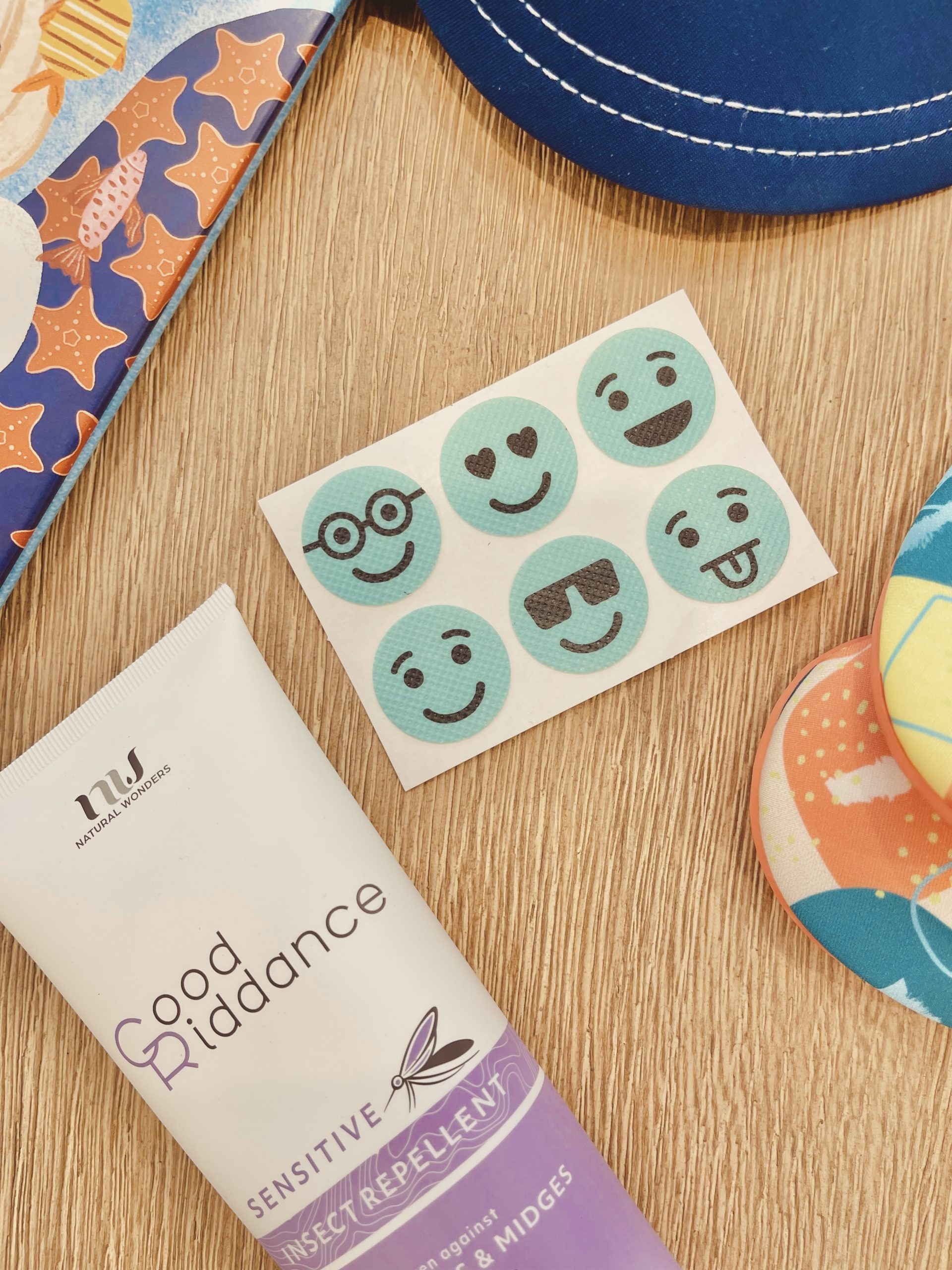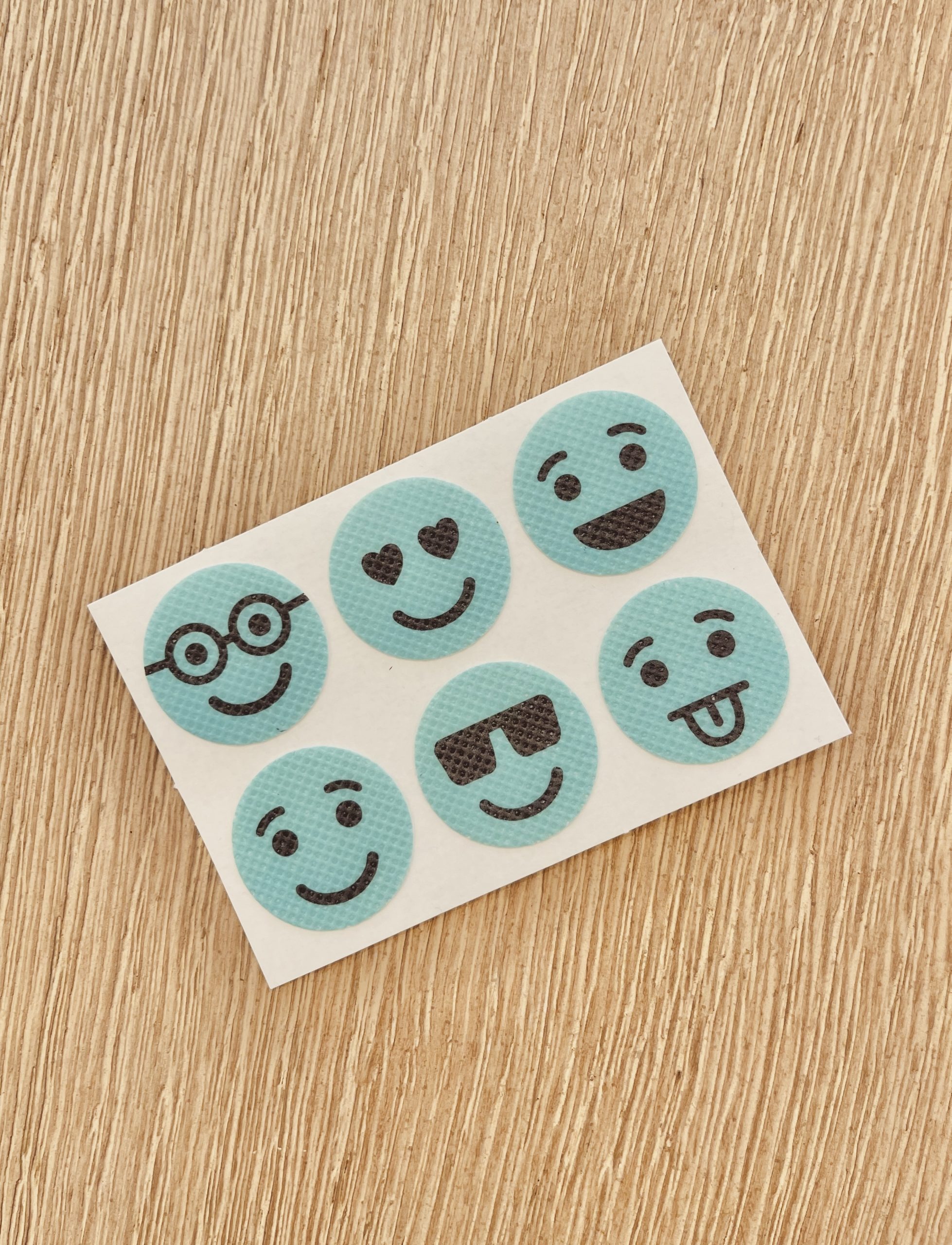Mosquito Repellent products for Babies and Children – How to Choose?
With an impending trip to Croatia, there was a whining, buzzing sound on my mind! Balmy summer days and evenings can leave our little ones vulnerable to something rather unwanted: mosquitos (or mozzies in colloquial Australian!) And so, how do you choose the right mosquito repellent for babies and children?

It can be overwhelming when trying to choose the right mosquito repellent product for our little ones. Questions may arise from ‘is a natural, low tox option best?’ through to ‘what mosquito repellent product is most effective?’ This surely crossed my mind when trying to make a selection for our summer holiday.

Firstly, not all mosquito repellent products are ideal for children, nor suitable for babies. With my bug control thinking hat on, I decided to go straight to the experts. Reviewed in May 2018, according to the Royal Children’s Hospital, most repellents on the market utilise two active ingredients – DEET (diethyltoluamide) or picaridin.
The website states;
‘Insect repellents with up to 10 per cent DEET or picaridin are suitable for most situations…’
And
‘Insect repellents should not be used on babies under three months old – instead keep them in a pram covered with netting in areas where mosquitoes are a problem. In older children, follow the instructions on the repellent bottle but always discontinue use if any skin irritation occurs.’
The skin is our largest organ!
The skin is our largest organ; what we apply on it gets absorbed into our bloodstream. Always weigh the risks associated with the chances of being exposed to mosquito-borne illness, and investigate the product prior to purchase. Read the product label and ingredients always.
According to the Victoria Department of Health, ‘in young children, mosquito repellents are safest rubbed or sprayed on clothing, rather than skin’. Also, it is advised not to spray on the skin of infants under 12 months. Read more here.
What about natural insect repellent solutions for babies and children?
The Royal Children’s Hospital goes on to say, ‘insect repellents with plant-derived ingredients like melaleuca oil and citronella may provide some protection against mosquitoes, but they are not as effective as DEET or picaridin.’
Remember to do your own research into mosquito repellent products before making an informed decision. And ensure you choose a product that is formulated specifically for children.

For a natural insect repellent solution, I personally came across these options;
BuzzPatch Mosquito Repellent Patches are made using adhesive patches which you can stick to baby’s and children’s clothes. The BuzzPatch Mosquito Repellent Patches contain a combination of Citronella and other essential oils. They are DEET and Picaridin free, so please keep this in mind when making a decision. Click here to read more about the product.

A friend holidaying in Bali recommended I try Good Riddance Sensitive Insect Repellent, made with essential oils and a base cream of Shea Butter and Beeswax. Good Riddance state that their product is safe to use from 3 months up. Always patch test first.
You can read more information about their products here.

MooGoo provide a tail swat spray which is free from ‘aerosol nasties.’
Ways to avoid the dreaded ‘mozzies’…
Surely there are other ways to avoid mosquitos, right?! Here are a few!
- Cover up! Wear long, light coloured clothing.
- Keep away from stagnant water.
- A DIY Mosquito Trap!
I have seen so many households in Croatia with a DIY mosquito trap. It is usually placed on an outdoor dining table, with hopes that the bottle becomes the host (not the ‘actual’ host or guests!)
How to Make a Mosquito Trap:
- Reuse a bottle and carefully cut the top half off.
- Pour in half apple cider vinegar, half water with a teaspoon of dishwasher detergent to attract and trap the mosquitos.
- Place the top half of the bottle upside down into the bottom half so it looks like a funnel.
- The mosquitos will enter via the funnel.
Nala xx
Disclaimer:
Remember to always consult your healthcare provider first, and seek medical advice. This information is intended to support, not replace, discussion with your doctor or healthcare professional. The onus is on you, the user, to ensure that you have researched the most up to date information when selecting a mosquito repellent product.